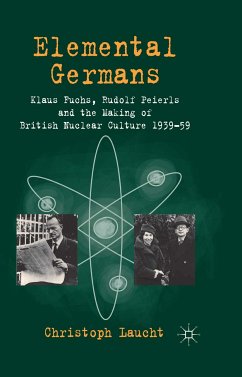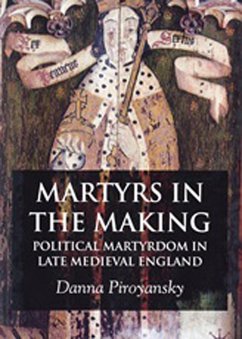Dieser Download kann aus rechtlichen Gründen nur mit Rechnungsadresse in A, B, BG, CY, CZ, D, DK, EW, E, FIN, F, GR, HR, H, IRL, I, LT, L, LR, M, NL, PL, P, R, S, SLO, SK ausgeliefert werden.
Hinweis: Dieser Artikel kann nur an eine deutsche Lieferadresse ausgeliefert werden.
"This work has contributed significantly to our understanding of the political, social, and cultural history of the anarchist Anarchist Studies movement ... . this is an excellent piece of scholarship would be an understatement of colossal proportions. ... Adams has set the agenda for anarchist intellectual history going forward. I have no doubt that the seed he has planted will yield a bountiful harvest in the years to come." (Nathan Jun, Anarchist Studies, Vol. 25 (2), 2017)
"The strength of Adams'interesting and intelligent book is that it gives us a view of anarchism as a dynamic tradition of thought that is integral to any wider intellectual history. And in one memorable phrase, Adams explains why we should not ignore it. Kropotkin and Read, by 'Their pursuit of reason uncovered a universe of wonder' ... . This book helps us join them." (Peter Ryley, European Review of History, Revue européenne d'histoire, Vol. 23 (1-2), 2016)
"In directing his readers' attention to the connections between Kropotkin and Read, Adams has indeed pointed to one of the most important streams that fed into British anarchist thought more generally. ... Adams's book is a welcome addition to a growing number of studies aimed at recapturing the largely lost tradition of British anarchism and plugging a significant hole in our understanding of anarchist history and ideas." (Benjamin J. Pauli, NewPolitical Science, Vol. 38 (2), 2016)
"This volume serves as an excellent account of British anarchism as an intellectual history, which explores the translation and impact of ideas and practices within a transregional context." (Oscar Norris-Broughton, Global Histories, Vol. 1, December, 2015)









